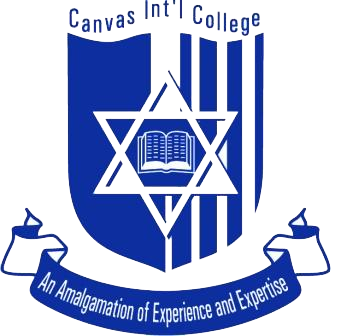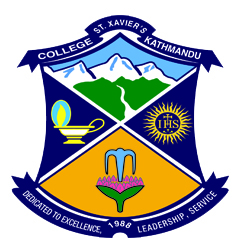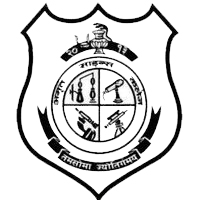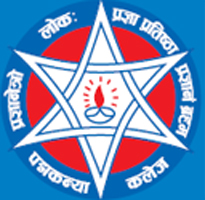Overview
B.Sc. Physics/PCM at GoldenGate International College, Battisputali, Kathmandu
The Bachelor of Science (B.Sc.) in Physics/PCM at GoldenGate International College, affiliated with Tribhuvan University, is a four-year undergraduate science program designed for students who want to understand the physical world through mathematics, observation, and experimentation.
This course builds a solid foundation in mechanics, electromagnetism, thermodynamics, and modern physics, while strengthening students’ mathematical and analytical skills. Through regular laboratory sessions, tutorials, and project work, learners develop precision, problem-solving ability, and scientific reasoning essential for advanced study or technical careers.
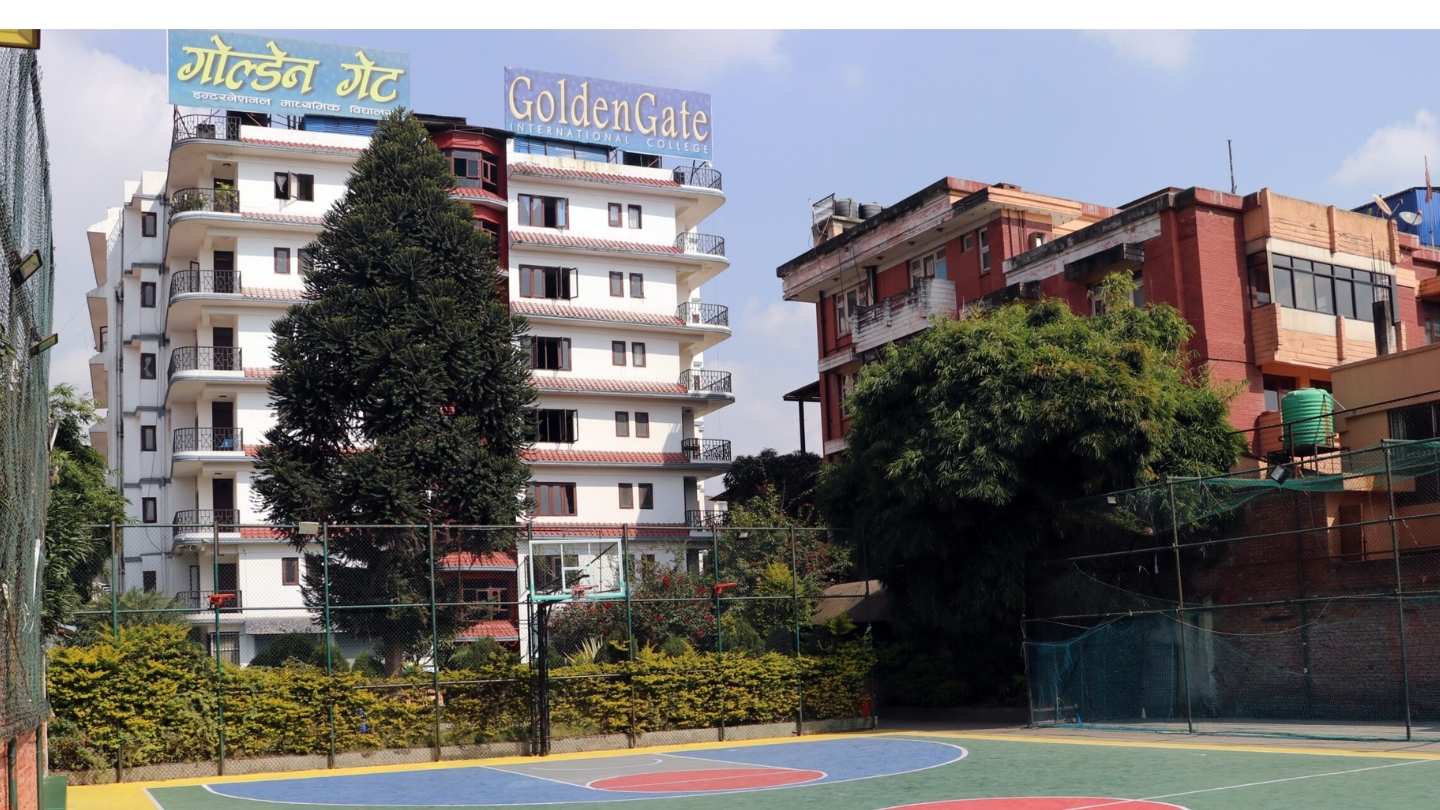
Highlights
Affiliation: Tribhuvan University (B.Sc. structure)
Duration: 4 years (8 semesters)
Academic Area: Classical mechanics, electricity and magnetism, thermodynamics, waves and optics, electronics, mathematical methods, introductory modern physics
Location: Battisputali, Kathmandu
Evaluation: Internal tests and practical records; TU theory and practical boards
Learning Support: Physics laboratory, math tutorials, library access, e-learning updates
Curriculum Details
Foundational semesters cover vectors, calculus-based mechanics, oscillations, waves, and thermal physics. Practical sessions introduce measurement, error analysis, graphing, and the use of basic instruments such as vernier calipers, micrometers, galvanometers, and optical benches.
Middle semesters add electricity and magnetism, circuits, optics, and electronics. Experiments include resonance, diffraction and interference, semiconductor characteristics, bridge methods, and calorimetry. Students write concise reports that present raw data, derived values, units, and uncertainty estimates.
Later semesters bring quantum ideas, atomic and nuclear topics at an introductory level, and elective papers as permitted by the TU scheme. A small project or seminar helps students build independent study habits and technical presentation skills.
Objectives
-
Concept Mastery: Build a stable command of core physics laws and mathematical methods.
-
Experimental Skill: Plan measurements, estimate uncertainty, and compare results with expected values.
-
Problem Solving: Tackle structured questions using diagrams, equations, and unit checks.
-
Communication: Produce short, accurate lab reports and give focused oral explanations.
Scope
Graduates move toward roles that require quantitative thinking, careful documentation, and basic electronics handling. Typical sectors include technical support, instrument sales and service, education support roles, and labs that accept B.Sc. Physics backgrounds. Many students continue to M.Sc. Physics or related master’s programs when they meet entrance rules.
Learning Outcomes
-
Analytical Thinking: Translate a real situation into variables, equations, and boundary conditions.
-
Laboratory Practice: Use instruments safely, calibrate when required, and record values with correct significant figures.
-
Computational Awareness: Use spreadsheets or simple scripts for curve fitting and error estimation at an introductory level.
-
Concept Integration: Connect mathematics, experiment, and theory in short written explanations.
Skill Development Modules
-
Measurement and Error: Least-count analysis, propagation of uncertainty, and plotting with error bars.
-
Electronics: Circuit assembly, use of multimeters and oscilloscopes where available, and basic troubleshooting.
-
Optics: Alignment on optical benches, lens and grating experiments, and data fitting for focal length and wavelength.
-
Thermal and Mechanical: Calorimetry, viscosity, elasticity, and resonance studies.
-
Presentation: Seminar talks, problem-solving sessions, and whiteboard explanations.
Teaching Methodology
Teaching uses lecture–discussion, problem sets, and weekly practicals. Faculty hold tutorial hours for mathematics and circuit practice. Internal assessment covers class tests, lab reports, and viva. Final theory and practical boards follow Tribhuvan University’s evaluation system.
Admission Requirements
Eligibility: 10+2 Science or equivalent, typically with Physics and Mathematics
Entrance: B.Sc. entrance process as announced for the intake
Selection: Merit-based lists, document verification, and seat confirmation
Documents: Mark sheets, character certificate, recent photos, identification, and equivalence if applicable
Advisory: Students from other boards complete equivalence procedures before admission
Career Opportunities
Typical Roles: Laboratory assistant, junior technician, education support tutor, instrumentation trainee, documentation assistant
Work Settings: Colleges and schools, calibration or service centers, labs that accept B.Sc. Physics, technical sales support, and field testing units
Progression: M.Sc. Physics or related master’s tracks, subject to eligibility and entrance criteria
Scholarships and Financial Aid
Categories: Merit by results, entrance performance, inclusion categories, community-school background, and recognized ECA/sports
Renewal: Continuation based on academic performance and program rules
Tip: Track notice dates and keep required documents ready for review
Why Choose This Course?
Strong Foundations: Mechanics, E&M, optics, and thermodynamics give a firm base for higher study and entry roles.
Hands-On Habit: Weekly labs and short projects promote accuracy, patience, and clear reporting.
Mathematical Support: Regular practice connects calculus, vectors, and differential equations to real measurements.
Flexibility: Skills transfer to many fields that value quantitative methods and careful documentation.
Conclusion
B.Sc. Physics/PCM at GoldenGate International College builds systematic thinking and practical lab skills in a four-year path. Students learn to plan an experiment, make careful measurements, check units, and state results with confidence. Regular practice, good notebooks, and steady problem solving set a clear path toward advanced study or technical roles.
FAQ
Is the program four years long?
Yes. The B.Sc. structure runs for four years.
Do I need an entrance test?
Yes. Applicants follow the B.Sc. entrance process announced for the intake.
What type of practicals will I perform?
Measurements in mechanics and thermal physics, optics experiments, and basic electronics and circuit studies.
Can I continue to M.Sc. Physics?
Yes. Graduates apply for master’s programs when they meet eligibility and entrance criteria.
Where do graduates usually work?
Education support, labs that accept B.Sc. Physics, instrumentation and service units, and technical support roles.


